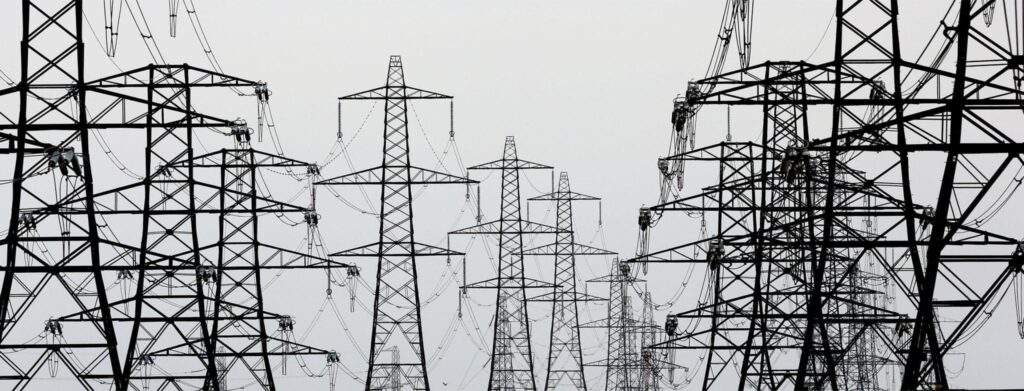The recent increase in electricity tariffs in Nigeria has sparked outrage among consumers, with many questioning the government’s decision-making process. Uket Obonga, the national secretary of the Network for Electricity Consumers Advocacy of Nigeria (NECAN) and lead director of Energy Consumers Consultancy Services (ECCS), has criticized the hike, stating that it demonstrates a disconnect from reality on the part of President Bola Tinubu’s administration.
In response to the Nigerian Electricity Regulatory Commission’s (NERC) approval of the tariff hike for Band A customers, Obonga emphasized that simply raising prices will not address the underlying issues plaguing the country’s power sector. He highlighted the need for a more creative and sustainable approach to tackling the challenges within the industry.
Obonga called on the regulator to hold electricity distribution companies accountable for their performance and urged for a shift towards pricing locally sourced gas in naira rather than US dollars. He emphasized that increasing tariffs without addressing fundamental issues such as rent-seeking behavior among DISCOs will not lead to long-term solutions.
The ongoing electricity crisis in Nigeria has left consumers grappling with erratic power supplies since the beginning of the year. The Minister of Power, Adebayo Adelabu, and the Transmission Company of Nigeria have attributed the drop in power supply to gas constraints, further exacerbating the challenges faced by consumers.
As Nigerians brace themselves for the impact of the tariff hike on their wallets, Obonga’s call for a more holistic approach to addressing the power sector’s woes resonates with many. While the government may see tariff increases as a quick fix, the underlying issues require a more nuanced and sustainable solution.
In the midst of uncertainty and frustration, Obonga’s words serve as a reminder of the importance of thoughtful and strategic decision-making in shaping the future of Nigeria’s power sector. As consumers navigate the challenges ahead, the hope remains that meaningful change will come, bringing with it a brighter and more reliable energy future for all.
